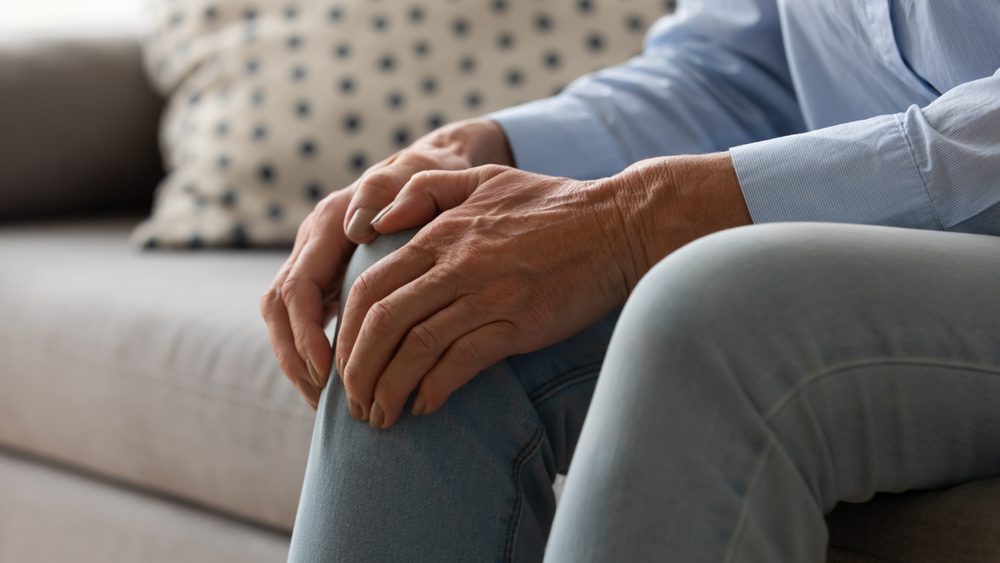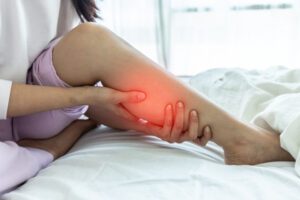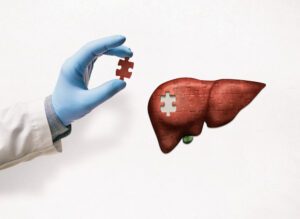
1. Your Bones Are Weak and Brittle
In most cases, calcium deficiency will lead to an overall loss of bone health. If you don’t eat enough calcium-rich foods, your body will have to leach this essential mineral from your teeth and bones to maintain levels within healthy ranges.
Calcium deficiency can cause bone frailty and weakness if left unchecked, significantly increasing your chances of osteoporosis and fracture risk. According to doctors, not only do bones lose mass and therefore strength as we age, but our body’s ability to absorb calcium also gets worse.
In seniors, fragile bones may result in more falls, such as in and out of the shower and up and down the stairs. Plus, long-term calcium deficiency in seniors can lead to osteoporosis, a health condition that makes your bones more porous and susceptible to long-term breakage and damage.







One reply on “6 Subtle Signs of Calcium Deficiency in Seniors”
very good article. Gave details on the many functions of calcium and bodily functions this effects. I believe this info would be of help to many people. There has to be a balance (homeostasis) of calcium, K2, D3 and magnesium in order for correct amount of calcium to be in our cells.